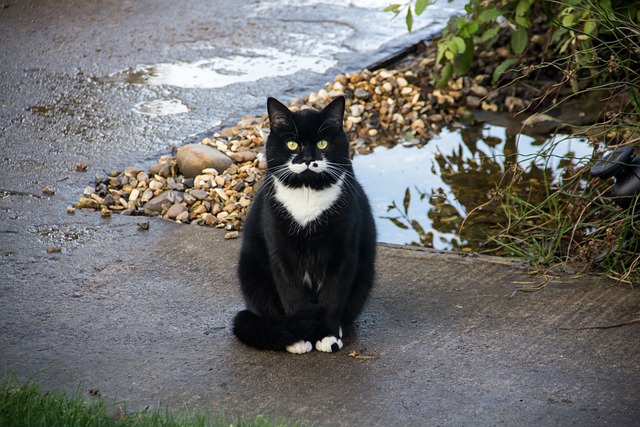Is your cat displaying signs of distress or unease? Are you noticing negative body language or inappropriate bathroom behavior? What’s bothering your feline companion might be something that’s bothering you too. Surprisingly, cats and humans share more pet peeves than you might expect. It’s possible that, as an owner, you could unknowingly be responsible for some of the top things that cats can’t stand. Not to worry, we’re here to help you address them.
1. Loneliness: Contrary to popular belief, cats aren’t solitary creatures. While they can tolerate being alone for longer stretches compared to dogs, they still crave attention, companionship, and affection. Leaving a cat alone for extended periods can lead to agitation, anxiety, and even depression.
Solution: Allocate a few minutes each day for quality time with your cat. Even short play sessions every few hours can keep them content. Consider adopting another cat for constant companionship.
2. Dirty Litter Boxes: Just as using a dirty bathroom is unpleasant for humans, cats feel the same way about soiled litter boxes. Regular cleaning is essential.
Solution: Clean your cat’s litter box daily, or every other day depending on the number of cats and their bathroom habits. Consider investing in a self-cleaning litter box for added convenience.
3. Spoiled Food: Cats dislike spoiled or expired food just as much as humans do. Consuming such food can lead to health issues.
Solution: Check expiration dates on both wet and dry cat food before serving. Avoid saving large amounts of leftovers. Consult your veterinarian for appropriate portion sizes based on your cat’s breed, age, and activity level.
4. Unpleasant Medicine: Cats can be resistant to taking medication due to its taste. Administering medicine can be made more comfortable for your cat.
Solution: Train your cat to be comfortable with face and mouth handling. Associate it with positive experiences, like offering a treat. Establish a medication schedule for predictability. Consider using soft treats designed for holding pills.
5. Overly Aggressive Petting: Cats can be sensitive to touch. Knowing where and how to pet them is crucial for their comfort.
Solution: Focus on petting around the head and neck area, where cats typically groom each other. Pay attention to your cat’s body language to understand their preferences.
6. Competition from Other Cats: Cats can become jealous or territorial, leading to potential conflicts with other feline companions.
Solution: Monitor interactions between cats and address any signs of aggression promptly. Provide separate resources to prevent competition.
7. Loud Noises: Loud noises can cause stress in cats, potentially resulting in behavioral and health issues.
Solution: Create a calm, quiet space for your cat during noisy events like thunderstorms or gatherings. Avoid playing loud music or turning up the volume on the TV. This will help minimize stress and potential negative effects on your cat’s well-being.



